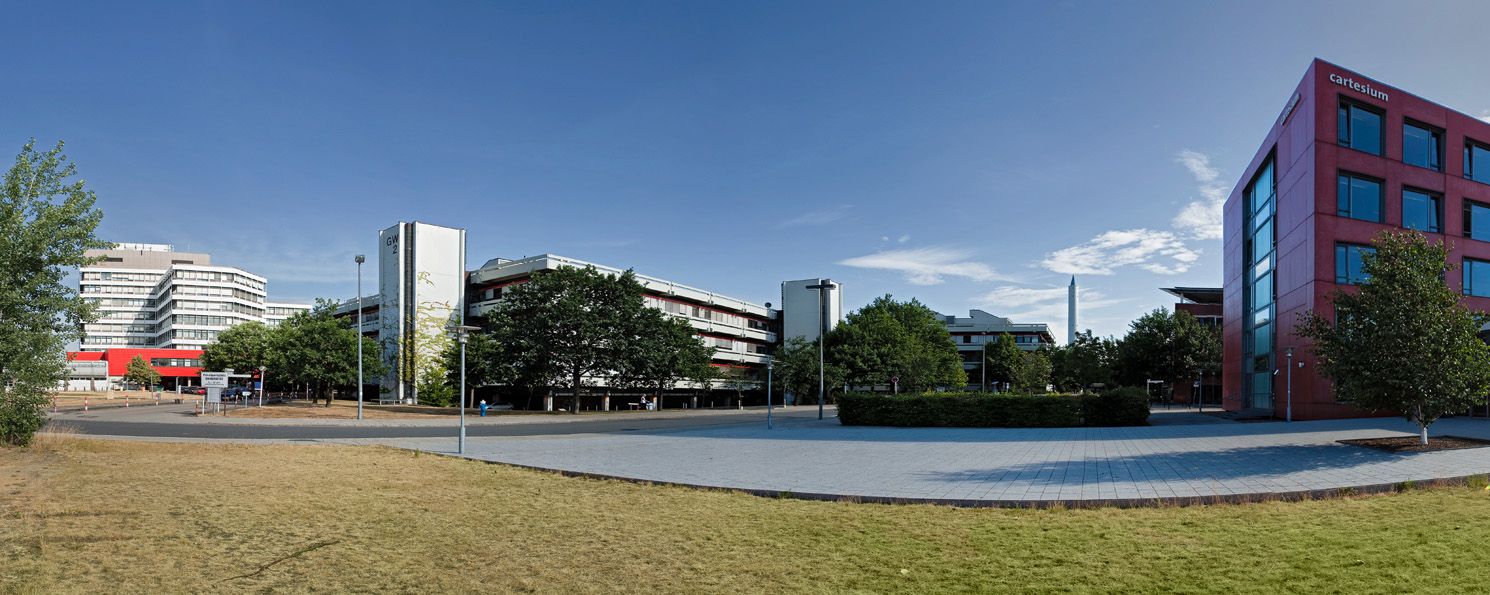
MMMIGS seminar Intro2PhD
During the summer semester 2024, the Minds, Media, Machines Integrated Graduate School (MMMIGS) is hosting a seminar for doctoral candidates who recently started their PhD. It provides them with a comprehensive toolbox for a successful start to their PhD, covering topics like time and self management, reading and reviewing academic literature, and how to develop writing and presentation skills, among others. Please find a more detailed list of the contents below. The seminar will usually take place on Thursdays from 10:15 to 11:45, starting on the 2nd of May. An information session takes place online on the 25th of April, from 10:15 to 11:00. All sessions can be attended independently of one another and will be held in English and either online or in a hybrid format.
Participation
Doctoral candidates are eligible to participate in the seminar if they are members of a doctoral program in the MMMIGS network or if their supervisor is a member of the high-profile area Minds, Media, Machines. Please check your eligibility before registering and provide the corresponding program or working group in the registration form. In case of doubt, please contact MMMIGS coordinator Lena Wollschläger. Registered doctoral candidates will receive invitations and course material for all sessions, however, participation is voluntary and single sessions can be attended independently of one another.
Seminar description
The seminar Intro2PhD will be based on the book “The A-Z of the PhD Trajectory” by Eva Lantsoght, available to members of the University of Bremen via https://link.springer.com/book/10.1007/978-3-319-77425-1. Information specific to the situation at the University of Bremen and to the subjects represented in the high-profile area Minds, Media, Machines will be added where necessary. Please click on the title of a session to access a description of its contents. The course material will be made available through the MMMIGS handbook, to which all registered participants of the seminar receive access.
In the information session, an overview of the course contents is given. Furthermore, the communication platform used during the seminar and the MMMIGS handbook, in which the contents will be documented, are introduced.
In the first session, based on chapters 2 and 3 of the book, a number of useful first skills for a beginning PhD candidate are discussed. These include tips on how to get settled in the new workplace (and city), discussing mutual expectations with the supervisor, setting up documentation, developing a data storage protocol, and finding a work-life balance. Furthermore, the basics of planning and time management are discussed. Starting with the formal requirements for obtaining a PhD at the University of Bremen as major milestones, strategies and tools for monthly, weekly, and daily planning are introduced. This includes tips for prioritization of tasks and including self-care routines and enough sleep into the schedule.
In the second session, based on chapters 4 and 5 of the book, the literature review is discussed. Covered topics include finding and reading relevant literature, starting to write (summaries) early on, organizing references, finalizing the literature review but keeping up with the literature in the field, and turning the literature review report into a dissertation chapter or journal paper. Furthermore, this session deals with developing a research question starting from gaps in the current knowledge identified during the literature review. Dividing the research question into subquestions and turning them into practical actions creates a link back to the planning strategies discussed in session 1.
The third session, partly based on chapter 6 of the book, discusses selecting and using appropriate methods to answer the research question. Starting point will be again the literature review. As an example, planning, execution, and documentation of experimental work are covered including a discussion about how to write a lab report, a dissertation chapter, or a journal article about experimental work.
The fourth session, based on chapters 7 and 11 of the book, deals with academic writing and the steps involved in becoming a productive academic writer. Since writing the dissertation is a central requirement for earning a PhD, academic writing is an important skill that PhD candidates should develop as early as possible. Furthermore, the steps for writing and submitting a journal article will be discussed. This includes selecting the right journal, preparing the abstract and article, navigating the review process, and (sometimes) dealing with rejection.
In the fifth session, based on chapters 8 and 10 of the book, we will talk about presenting research to different audiences. Different presentation styles and structures will be introduced, including tips for choosing a style that fits the topic and audience. Like academic writing, presentation skills are vital for earning a PhD and should be practiced early on. Additionally, this session covers the necessary steps for preparing for a conference. This includes selecting a suitable conference and topic, preparing the necessary materials, and planning which events to attend and whom to meet during the conference.
In the sixth session, based on chapter 12 of the book, writing and defending the dissertation will be discussed. Topics include planning the writing, structuring the dissertation, writing convincing introduction and conclusion chapters, practicing self-care during writing, and finally preparing and mastering the defense.
In the seventh session, partly based on chapter 9 of the book, internet-based science communication will be discussed. The focus will be on (micro)blogging as a researcher and on online branding and identity management for scientists.
In the eighth session, networking and network management will be discussed. Topics include networking at conferences and online, building and maintaining a network, and using the network for finding collaboration partners and job opportunities.
The ninth session, based on chapter 13 of the book, looks at life after the PhD and gives first hints regarding possible career options both inside and outside of academia. It is advised to start thinking about this topic early on during the PhD, when there is still time to develop necessary skills and build an appropriate network.
In the last session, the course contents are summed up and on overview of resources and support offers at the University of Bremen is given.
Registration
Please fill out the following form to register for the seminar. Information on the processing of your data according to Paragraph 13 DS-GVO is available here: data protection declaration.



